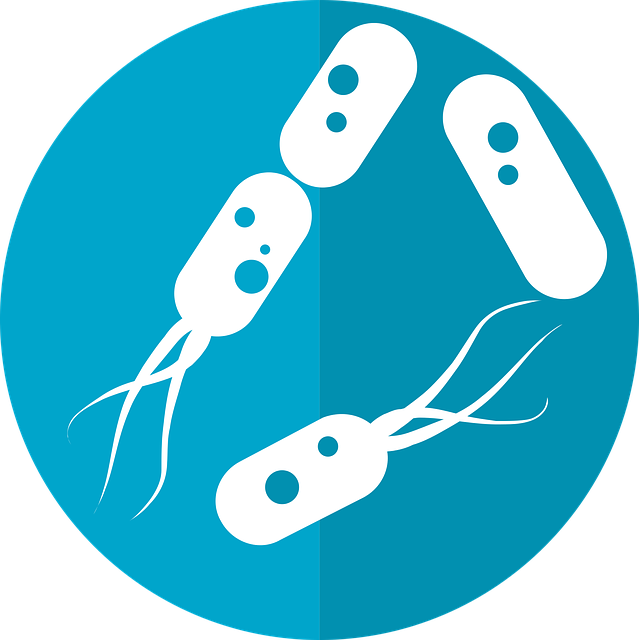The relationship between the gut microbiome and mental health, including how gut bacteria can regulate mood, is explored in a new study by researchers in France.
Depression is one of the leading mental health disorders affecting millions of people all over the world. One of the challenges with developing effective treatments for depression is understanding how and why depression occurs in people. Several previous studies have implicated a variety of different mechanisms for depression, including inflammation, abnormal responses to stress, and circuit dysfunction, among others. Many of these studies have also identified a similar finding that changes in the hippocampal region of the brain plays a critical role in the development of depression and has been studied and observed in rodent studies.
The relationship between the gut microbiome – the bacterial population in the gut – and mental health have been increasingly recognized by researchers as animal studies have shown that gut microbiome may regulate anxiety. Other observations, including depression as a comorbidity of colitis (a disease related to the gut microbiome) and mood improvement seen with probiotics in animal models and in humans, also support the notion that the gut microbiome plays a role in mental health. The underlying mechanism behind the relationship between the microbiome and mental health remains largely unknown. Therefore, researchers in France conducted a study using a mouse model of depression to better understand the link between the gut microbiome and mental health. The results of the study were published in Nature Communications.
The researchers induced a depressive-like state in mice using unpredictable chronic mild stress (UCMS), a well-known mouse model for inducing depression. Next, the researchers assessed whether transfer of the gut microbiome from these stress-induced depressive mice could transfer the same depressive-like state to other untreated mice. They found that the untreated mice who had received gut microbiome from the stress-induced depressive mice also showed similar behaviours of depression.
The researchers further investigated the molecular mechanisms, such as changes in metabolism, behind this observation. They found that the stress-induced depressive mice had an altered metabolism of fatty acids that resulted in a decrease in lipid metabolites (eCBs or endocannabinoids), which reduced certain brain signaling systems. These lipid metabolites are important for the communication system within the body and can potentially explain one mechanism of how the gut microbiome and mental health may be linked.
Further, the study results found that replenishment of certain gut bacteria to normal levels through dietary or probiotic interventions reduced or resolved the depressive-like behaviours. The discoveries made in this study may be useful to guide future research in this field and in the development of treatment methods to not only restore a healthy gut microbiome, but to effectively treat certain mental health disorders, such as depression, as well.
Written by Maggie Leung, PharmD
References
Chevalier, G., Siopi, E., Guenin-Macé, L. et al. Effect of gut microbiota on depressive-like behaviors in mice is mediated by the endocannabinoid system. Nat Commun 11, 6363 (2020). https://doi.org/10.1038/s41467-020-19931-2
Gut microbiota plays a role in brain function and mood regulation. (2020, December 11). Retrieved from https://www.eurekalert.org/pub_releases/2020-12/ip-gmp121120.php
Image by mcmurryjulie from Pixabay



